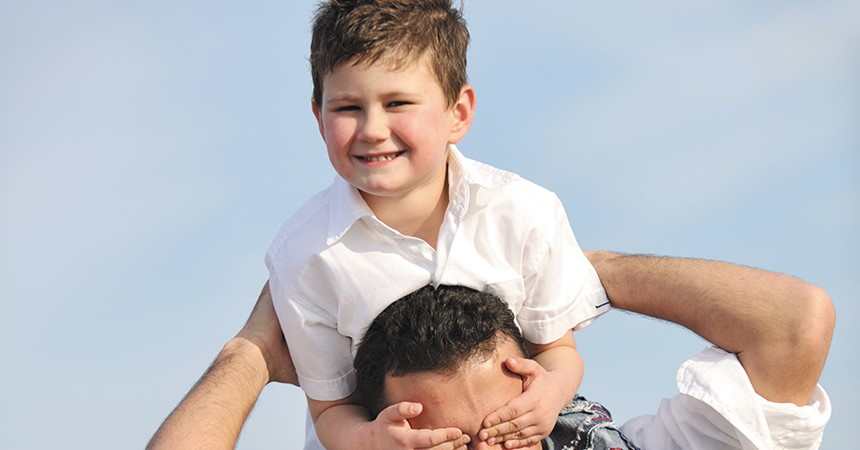This principle is one I often write and speak about, particularly with parents at presentations. Childhood is the beginning of life. It is the foundation of all that is to come.
My latest book, Future Proofing Your Child, attempts to provide a range of practical tools and strategies to assist parents in these formative and foundational years.
The theory is that if we can prevent rather than cure, be proactive rather than always reactive, if we can build strong skills for life early in life, then our children are more likely to develop into adults who can:
- Think and act with resilience
- Believe in themselves with a realistic and strong sense of self
- Communicate their needs and ideas effectively and respectfully
- Form healthy and meaningful relationships with others throughout their lives
- Make good decisions that will keep them safe
- Think creatively and laterally to solve problems.
When parents are interviewed about what they want most for their children throughout their lifetime, the top answers tend to be “healthy, happy and successful”.
When we unpack what it might mean to have each of these attributes, it is “successful” that is most variable. Does it mean a particular career path, or income, or address?
It can of course be a very subjective interpretation. However, many social researchers and others state that a successful life is measured by one’s sense of self, resilience, communication skills, ability to interact with others in productive ways and to make decisions and choices that keep oneself and others safe and healthy.
In Future Proofing Your Child I place a strong emphasis upon the fact that within the very rushed and often overscheduled society much of the Western world has become, it is at times difficult for children in their early years to practise becoming resilient, being creative, discovering themselves.
Picture a family arriving at a restaurant. Within minutes, every family member is switched on to a device. No one needs to become impatient, experience the boredom of waiting, hold a conversation or interact. The life skills of patience, learning to be bored, learning to hold a conversation − the social norms of life − are lost to all because every one is looking at a screen.
According to many pre-school educators, children arrive already worn out by the busy, adult-paced lifestyle they lead on weekends and during the week. There are parties for two-year-olds with some 15-20 children as guests! Children who still require up to 11 hours sleep a night are averaging perhaps only eight due to adult-paced, rather than child-paced, lifestyles where bedtimes are later and later.
We wonder why their behaviour is labelled oppositional, when in fact most of them are simply overtired.
There is a perception out there that unless parents pay lots of money, early in their young child’s life, for swimming and gym and tennis and music and ballet, all in the same week, their child will suffer or not keep up with everyone else. In some cases this is happening before the child has even started school!
Future proofing is about ensuring that as a society, family, community, we ensure we get our priorities right. We need to remember that there is evidence out there to remind us that children are not miniature adults, their brains are different and children become tired. Children are born to relate to adults more than other children in their preschool years. Children need time to play and create and make and paint and play and use their imaginations. They need to build resilience by rebuilding what just fell down. They need not to be given a ribbon at the age of 10 if they ran last in a race. They need not to be over-compensated when everything does not go exactly as it might have or should have or could have, every day.
Children need to learn, sadly but inevitably, that you can’t always have what you want when you want it. Sometimes bad stuff happens. That is how resilience is learned.
Future proofing our children for the challenges they will have to face is about allowing children a childhood. Not rushing, not falling into the trap of giving them everything now, means they will be better equipped for everything in the future.
The reason our species has a childhood is so we can take time to build relationships, to play, to investigate, to create, to bounce back, to try again.
We need to put the screen away sometimes, to get children back outside, to re-embrace play that costs nothing and gives children time to create and imagine and entertain themselves. Future proofing is giving time and imagination and resilience to children. Time and resilience and relationships for the future are what we all need.
Kathy Walker OAM is the Founding Director of parenting and education consultancy, Early Life Foundations.























































































